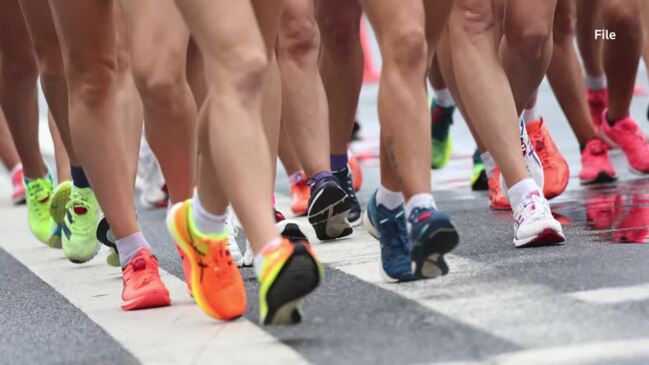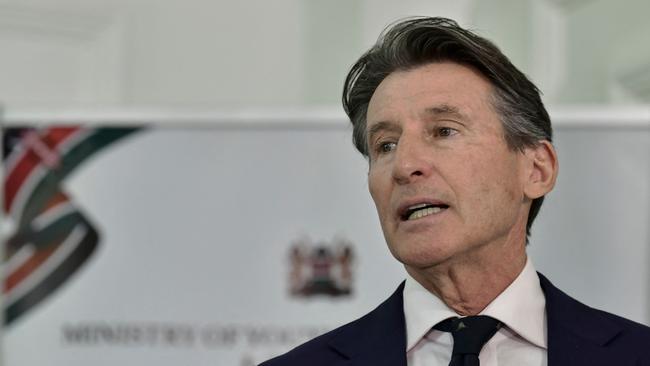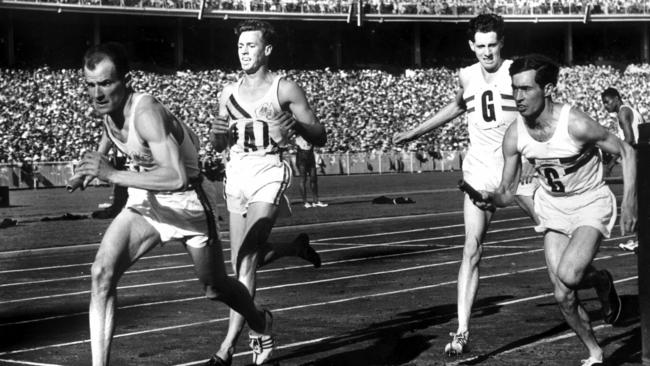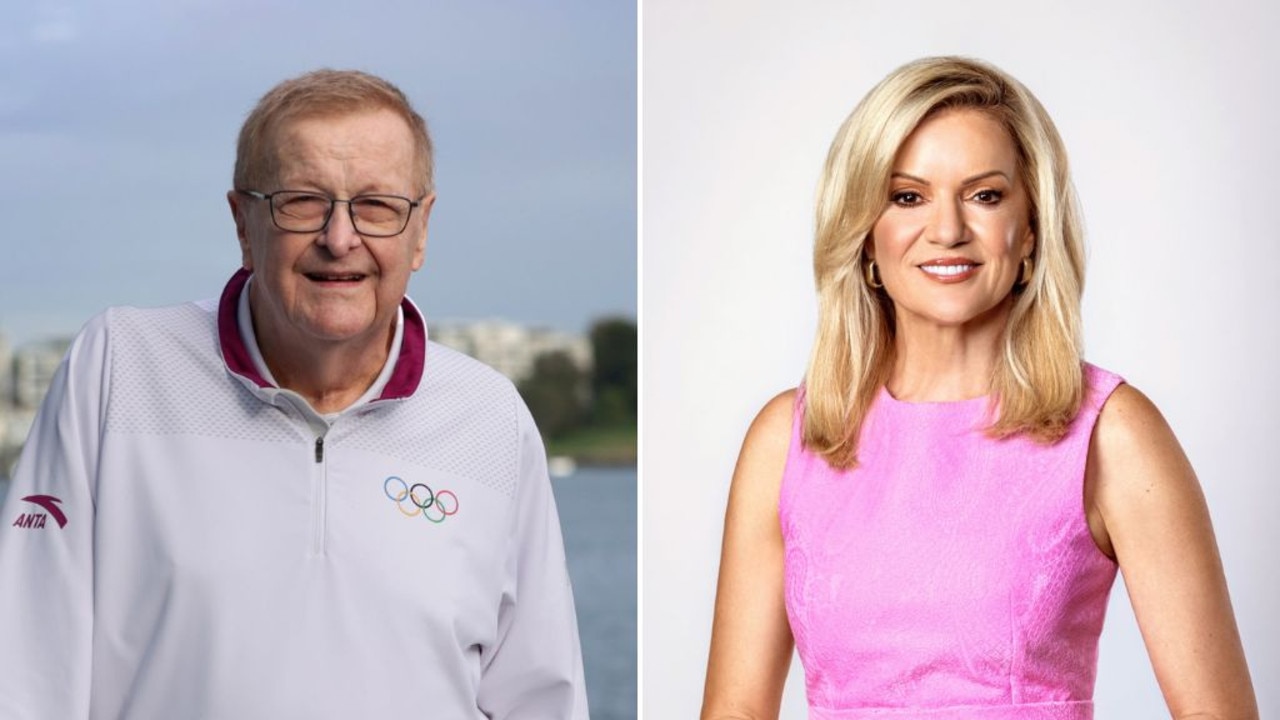Sensible and fair: Gosper defends Coe’s transgender ban
Former vice-president of the International Olympic Committee says the decision to exclude transgender athletes from female athletics events was fair.

Former International Olympic Committee vice president, Kevan Gosper, has backed the decision by World Athletics to ban transgender athletes from competing in the female category in elite international competition including the Olympic Games.
“The inclusion of transgender women in female events is unfair and dispiriting for other women competitors,” Gosper, an honorary member of the International Olympic Committee, told The Australian on Sunday.
“I want to give (World Athletics’ president) Seb Coe full credit for his decision,” he said.
“It is about fairness towards women.”
“He is a very wise leader and is protecting female athletes.”
“He is also setting a pattern of thought which other sports should follow.”
The move by World Athletics to ban transgender women from competing in female sports followed a similar ban by the world swimming body nine months ago.
Transgender track and field athletes have not been an issue at the moment at the elite level.
Lord Coe said World Athletics was “not saying ‘no’ forever” to transgender athletes competing in the female category, and would set up a working group headed by a transgender person to monitor scientific developments.

The World Athletics ban will apply to transgender people who have transitioned from male to female after going through puberty.
Gosper, who won a silver medal in the 4 x 400 metre relay in the 1956 Olympic Games in Melbourne and captained the Australian men’s athletics team for the Rome Olympics in 1960, said allowing transgender women to compete in the female categories at elite level athletics put other women at a “serious disadvantage.”
“It could discourage young women from entering the sport if they think they are going to be overtaken by transgender women who are naturally stronger, faster and heavier.”
Gosper, who was an IOC member from 1977 to 2013 and is now an honorary IOC member, said he had sympathy with the International Olympic Committee as it also wrestled with the issue.

But he said it was not fair to women who had played an increasing role in track and field at the Olympics since the 1956 games.
“Back in 1956 women could only compete in the 100 and 200 metres,” he said.
“Now they are in every event.”
Gosper said he also backed World Athletics’ move to ban athletes from “warring countries” including Russia and Belarus at the moment from competing in elite level competition.
“I don’t think athletes from Russia or Belarus should be allowed to compete at the moment,” he said.
“You can’t separate the athletes from the country.”
He said he did not agree with fears that if these athletes were banned from competition they would set up an alternative competition as a rival to the Olympics.
He said Lord Coe had shown leadership “in facing up to these very complex issues.”




To join the conversation, please log in. Don't have an account? Register
Join the conversation, you are commenting as Logout